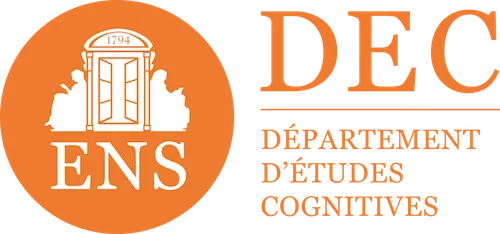

Soft Skills: How to properly train your employees in companies?
When a young manager speaks in a meeting with ease and clarity, it is not his only technical expertise that captivates his audience. Her ability to communicate, empathize and demonstrate leadership echoes a set of skills that are just as crucial: soft skills.
In a constantly evolving professional environment, equipping employees with these skills is becoming imperative. So how can companies ensure that their teams develop these soft skills, in addition to their technical skills, to remain competitive?
This article pleads for greater attention paid to soft skills in training programs, by promoting an approach that combines practical learning and the ability to make the right decisions in the face of current professional challenges.
Soft skills, more necessary than ever
In a changing professional landscape, soft skills, or behavioral skills, are key vectors for adapting and progressing.
Adaptability : It makes it possible to deal effectively with strategic or technological changes. A concrete example is that of an online sales company where the logistics team has excelled in managing peak orders, thanks to its ability to adapt quickly.
Collaboration : Beyond teamwork, collaboration involves communication skills and the sharing of goals. For example, a management consulting firm has optimized its clients' strategies through creative and collaborative workshops, proving the importance of these interpersonal skills.
Leadership : It is not limited to management, but also concerns the innovation carried out by employees at all levels. In a technology company, a developer has thus led a major advance on the product thanks to his initiative, demonstrating how individual leadership can influence the collective. (See our article on leadership Developing effective leadership in your workplace: going beyond traditional approaches)
The balance is clear: companies must give as much importance to soft skills as to technical skills to overcome modern professional challenges.
The limit of traditional training
Historically focused on technical skills, the usual training courses struggle to adapt to current market needs, which require an approach that integrates behavioral skills.
Disconnection between theory and practice: Collaborators trained in the classroom are not always ready to apply their knowledge in unexpected contexts.
Lack of interdisciplinary preparation: An engineer who is not trained to communicate clearly with non-technical teams can hinder the progress of projects that require the understanding of multiple areas.
Static learning: A technical skill can quickly become outdated if it is not regularly updated in the face of innovations and new standards.
It then becomes need to rethink training methods to align them with current professional requirements.

Development through practice and decision-making capacity
For employees to be fully operational, training should focus on practical learning and on building decision-making capacities.
Situations are therefore key:
- Elles make recommendations that are often abstract concrete. The principles of active listening and the methods of creativity must often be specified or adapted in the field
- They allow learners to practice their soft skills in contexts similar to those they experience on a daily basis, with all their complexity.
- They encourage learners to work their soft skills in interaction with their hard skills : this is the case of salespeople who face virtual customers, who must mobilize both their knowledge of the product and their ability to listen (to fully understand the needs of their interlocutor), creativity (to propose a new solution adapted to their needs)...
To go further on the subject of scenarios, I encourage you to read our article Interactive simulation: an apprenticeship in which you are the hero.
How Didask facilitates the acquisition of soft skills
The Didask platform offers extensive opportunities for the development of behavioral skills through its tailor-made training courses.
- Customization: Didask offers training modules that align with individual needs collaborators, promoting commitment and efficiency.
- Interactivity: Didask's didactic approach encourages active participation employees, which improves the learning and integration of behavioral skills, such as the illustration of a sales team that has seen its cohesion strengthened through interactive activities.
- Corrected scenarios: Didask place Situation at the heart of its pedagogy, and has the particularity of giving customized feedback to each learner who allows them to evolve and refine their skills as they go (See our article Learning by trial and error: unleash the potential of feedback).
With Didask solutions, companies equip their employees to become drivers of change and innovation.
In summary, soft skills have become essential in training and professional development. The ability to implement technical skills and make relevant decisions is essential to remain competitive in today's marketplace.
The use of Didask in training courses is an asset for businesses who are looking to increase the efficiency and versatility of their teams. To explore Didask solutions, and discover how they can enrich your training program, we invite you to contact us for a personalized demonstration.
To further explore the topic of soft skills in training, you can also consult all our articles by the soft skills section of our blog.
Make an appointment directly with our eLearning experts for a demo or simply more information.












